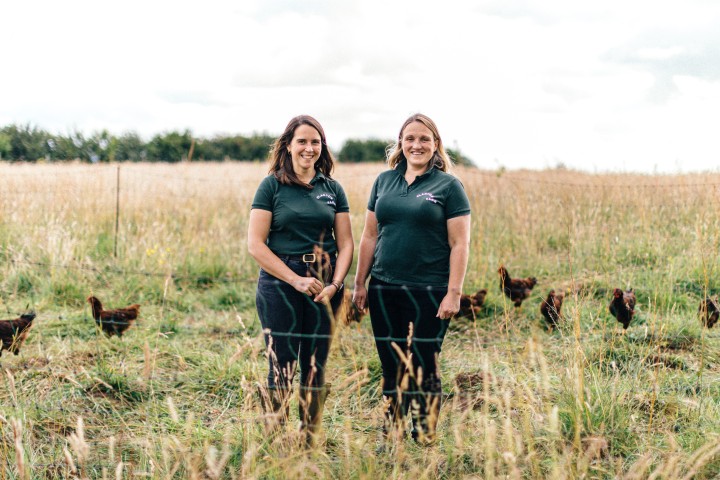Planton Farm is leading a pioneering project to explore the potential of pasture-based dual-purpose chicken enterprises for UK farms. Dual-purpose chickens are birds where females are raised for eggs and males for meat. This approach could offer a more nature-friendly and profitable way of rearing chickens in the UK.
At Planton Farm in Shropshire, a new approach to poultry farming is taking shape. Co-founded by farmer Clare Hill and researcher Dr Annie Rayner, the farm is set to explore the benefits of raising dual-purpose chickens - hens for eggs and roosters for meat.
The project will explore the practicalities of integrating dual-purpose chickens into mixed or livestock farming systems using nature-friendly principles. By doing so, the team hopes to address key environmental and welfare issues associated with chicken farming.
“Our goal is to create a practical, scalable model for regenerative dual-purpose chicken farming that integrates seamlessly into existing UK farm systems,” Dr Rayner said.
“By addressing both environmental and ethical issues in poultry production, we hope to offer a more sustainable solution that benefits farmers, consumers and the planet.”



